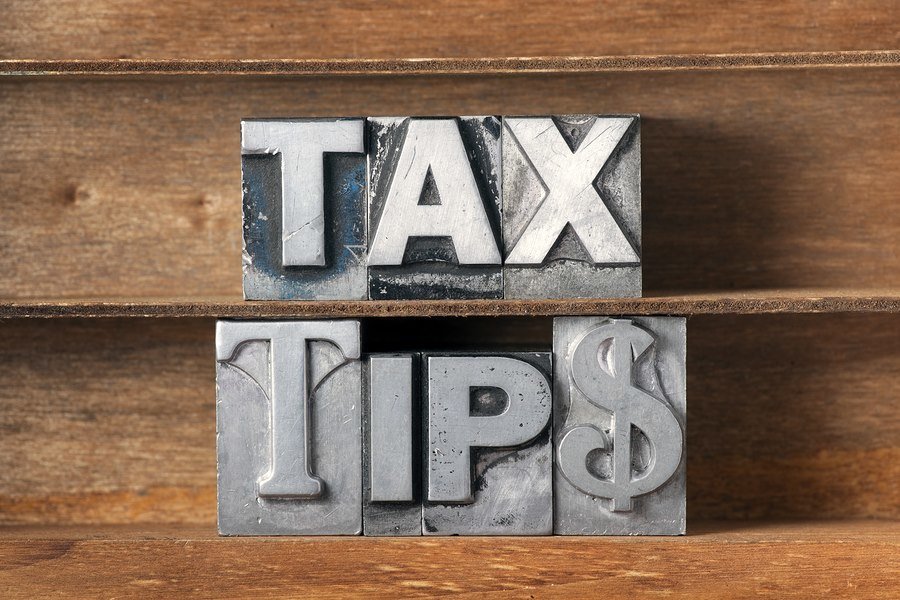Accounting and bookkeeping can be an arduous and tedious task for any business. However, if your small business doesn't keep a tight ship in regards to bookkeeping, taxes can be a true nightmare.
Without an effective system for your small business, several things can and will fall through the cracks and end up costing you money.
The best solution is to have a clear process and utilize a few small business bookkeeping tips to help you improve your overall financial situation. Most importantly, understanding how to do accounting for a small business may bolster your profits.
In the end, the goal is to create an easy and effective process for outlining and detailing your finances. Utilizing a standard method that combines all of your deposit records, invoices, expenses, and tax records will make your life exponentially easier, especially during tax season. Continue reading for a few innovative small business bookkeeping tips.
How to Do Accounting for a Small Business by Tracking Expenses
Tracking your business expenses is one of the best ways to ensure you don't miss out on tax write-offs. The easiest way to track business expenses is to use a credit card exclusively for business. Most credit card statements categorize expenses, which will allow you to clearly see the outlays relating to your business activities.
By using your business credit card for all of your business expenses, you are significantly less likely to pay cash and lose the receipt. In any case, paper, pens, and other business trips to Staples can quickly add up. You should also jot down any coffee dates, lunches, business trips, or any other business-related cash outlays on a paper or electronic day planner. This simple habit can go an extremely long way substantiating these expenses for your tax records if you were to be audited.
Keep Personal and Business Expenses Separate
First things first, you should never mix business and pleasure, especially when it comes to your expenses. It's exponentially easier to maintain accurate records if you or business controller only manages one type of account. In the end, you will save mounds of time and headaches by keeping your personal and business expenses separate.
Set Money Aside for Taxes
In business and everyday life, no one likes surprises. You can avoid the unexpected end-of-the year tax bill by preparing and setting a little bit of money each month toward your taxes. By consulting with an experienced tax accountant, you can avoid having to get a loan at the end of the year or make major cutbacks to simply pay your taxes. Saving money throughout the year will keep you prepared and may even help you avoid any tax penalties.
Use a Cloud-Based Accounting Software
The majority of accounting software offers the most basic functions for all types of bookkeeping needs. One of the most common products on the market is QuickBooks by Intuit, but you can choose from a wide array of products. As you are browsing through different software, make sure to consult with your accountant in Long Island and pay attention to programs designed exclusively for small business owners.
Most software will include basic templates for your business, such as business account check printing, deposit slips, and invoices. Combining these essential features with cloud-based accounting systems means you can access your business information anywhere and at any time. You can even easily allow your accountant to access your records.
Plan for Major Expenses
As a regular component of business, you will be required to spend money in order to make money. In any case, you should expect certain expenses, and it makes sense to plan for them. Plan for expenses like repairs, maintenance, inventory, and office supplies. By setting money for these expenses, you can reduce stress in the future and have a higher level of fiscal responsibility.
Review Your Books Regularly
At least once a month, you should triple check all of your bank accounts and daily records. Take the time to reconcile deposits and withdrawals on your bank accounts. This will allow you to spot discrepancies and problems more easily.
You should also set up a specific time every week to review your books. Allot at least two hours every week to review the financial fitness of your business. By having a broad overview of your business finances every week, you can rest assured everything is in order and will be organized for tax time. .
The Most Vital Small Business Bookkeeping Tips Involve Having Financial Advice
Even with the most tedious bookkeeping, it's still a great idea to have a good financial advisor or CPA. These professionals specialize in business accounting and can teach you vital small business bookkeeping tips for properly managing your books. They can also answer any questions you may have, quickly spot problems, and rectify any mistakes that may have been made.
Give your business the edge with the experienced counsel of Dennehy CPA. Contact Dennehy CPA today for a financial fitness consultation.





